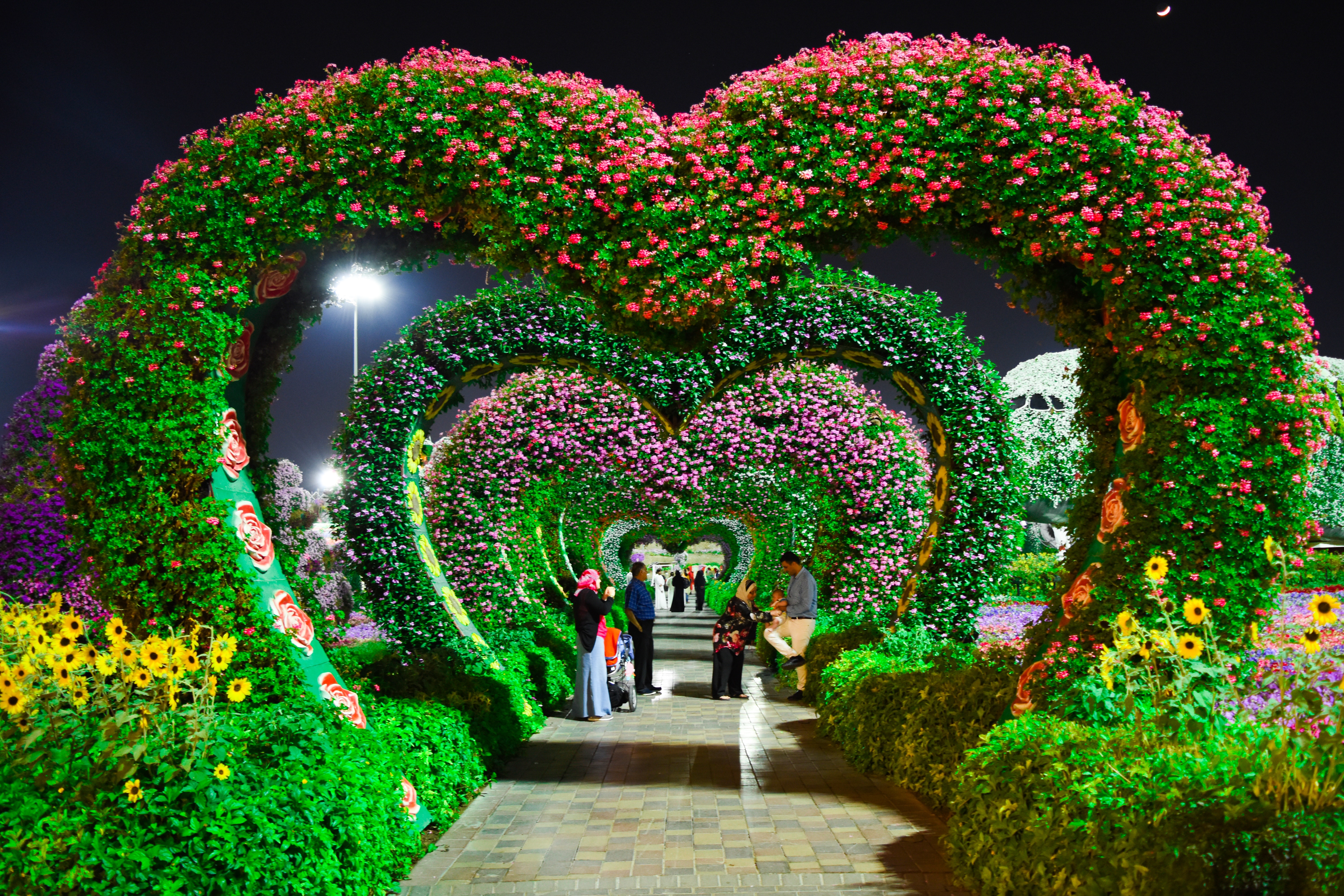People turn to the garden for a variety of reasons; filling open areas in the yard, improving the curbside appeal, fulfilling a personal desire to create, and even partaking for the many health benefits it provides are all great reasons to garden. But what many people are unaware of is how amazing these activities are for the environment.
Gardening impacts everything from the air we breathe to the minimizing of carbon footprints we leave behind. If you have an area to plant in, even if it’s simply containers on a terrace, take advantage of this space and become part of a healthy environmental impact.
Plants Naturally Clean the Air and Ground
Plants produce oxygen through the process of photosynthesis. They take in carbon dioxide from the atmosphere through their leaves and use it to help expel oxygen and water. Carbon dioxide is what we expel when we breathe- it is a waste product by all means, and plants help recycle it into something we need to survive! They also remove any chemicals and bacterias that may be floating around in the air, providing an overall healthier environment to be within.
Plants don’t just take in through what is found above ground, their roots also uptake much of what they come in contact with. This includes chemicals and heavy metals in the soils and groundwater, and work towards an overall healthier ground. This may not always be what’s best for your plant, but an indication of a poorly growing plant can alert you to problems with what lays below the surface.
Reduce Cooling Costs with Well Placed Trees and Shrubs
The sun’s energy can heat up your home quickly, causing many people to run air conditioners and other cooling devices for extended periods of time. This has an impact on the environment- both in how that energy is being created and the costs of said cooling effects. Trees and shrubs planted in areas that help block the sun are incredibly efficient in keeping your living space cooler and reduce the use of fossil fuels to do so.
Growing Your Own Food Reduces Carbon Footprints
When you grow your own food you simply do not have to make as many trips to the store to buy what you need. Plus, much of what you buy at a store may have traveled halfway around the world to get there! Thus you save on energy, waste, time, and money by growing your own. It isn’t hard to grow staple vegetable and herbs, and in many instances, you can do so year-round.
Plus, all you need is a little ground (containers work nicely too), something easy to water with (check out these affordable, professional-grade, watering nozzles), and the will to do so.
Prevents Soils Erosion
The roots of your plants help bind your soils together, making them less likely to wash away after particularly heavy rain and protecting slopes from sliding downhill. Topsoils are more likely to be affected by water movement, and these are often the soils you most want as they contain organic debris and leaf litter that eventually breakdown to help add nutrients into the soils. Good ground cover with extensive root systems help keep this from happening.
Replenishes Nutrients in the Soil
As mentioned above, topsoils are created by leaf litter and other organic materials that fall from plants. Dead or decaying plants, especially annual vegetation, provides materials both above and under the surface of the soils- providing available to the following season’s growth. Certain types of vegetation help fix certain nutrients into the ground as well, and choosing those types of plants can help reduce the use of synthetic fertilizers.
Helps to Reduce Noise Pollution
Vegetation absorbs sound, and if you are looking for a natural sound barrier, planing a row of trees and/or shrubbery can be very effective. The higher the incidence of green spaces also reduces urban noises, creating a quieter atmosphere.
Supports Beneficial Insects and Birds
It’s no secret that wildlife is drawn to greener spaces. Pollinator, in particular, need all the support they can get, and you can provide much more than just a food source. Your plants also provide protection from predators and weather and even give space for them to complete their lifecycles.
Birds are also drawn to quieter, more protected areas and can help keep unwanted insects away. You also provide places for them to nest. Birds are an integral part of the environment as they help spread vegetative seeds, are a food source for other wildlife, and also can help protect against unwanted predators and insects.
Conclusion
Gardening is well worth your efforts for both personal, and environmental concerns. Any sort of greenery that you can grow is going to provide a positive impact on your environmental surroundings. Gardens are not just aesthetically pleasing, they are a building block of a healthy space and a reduction in carbon footprints.











